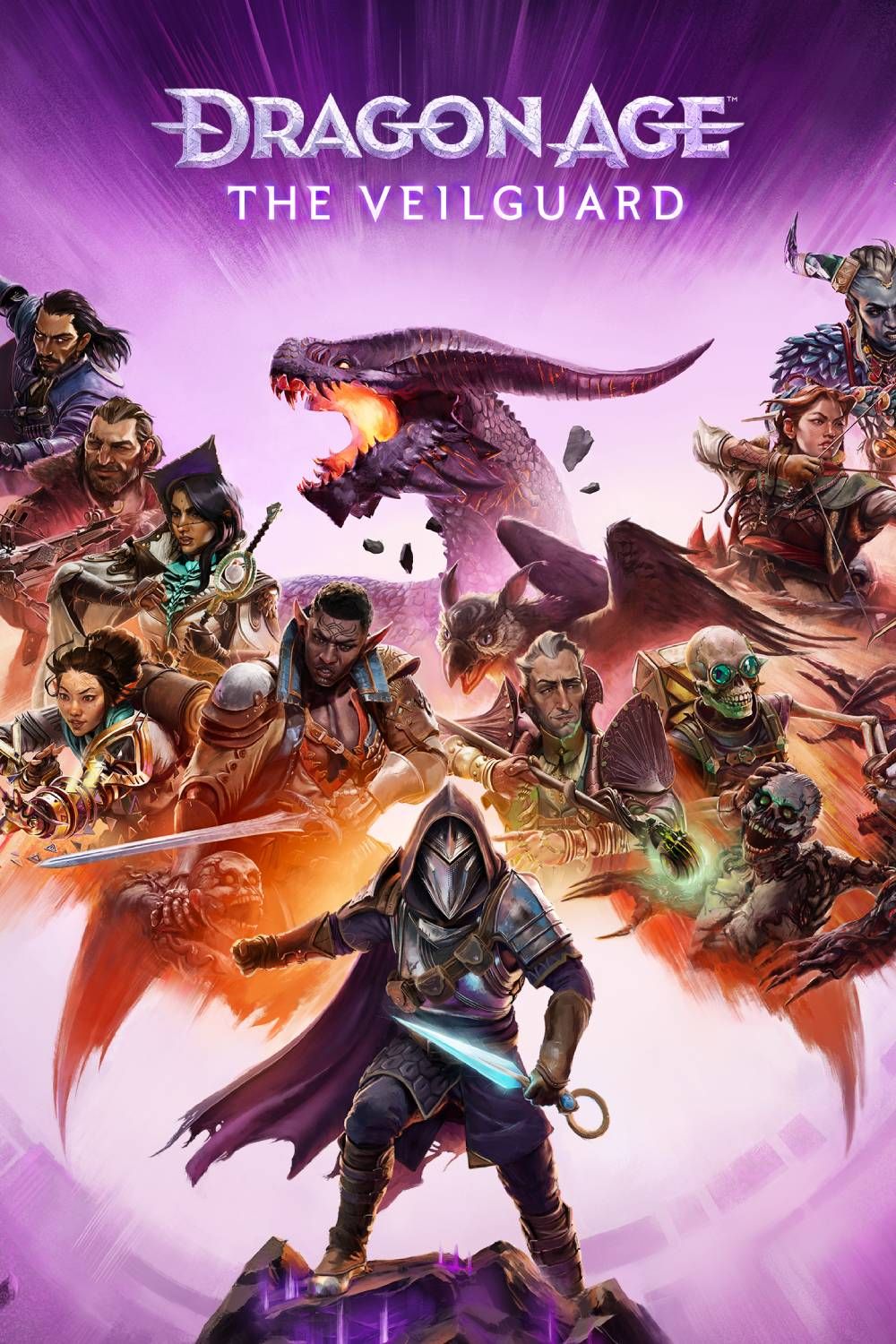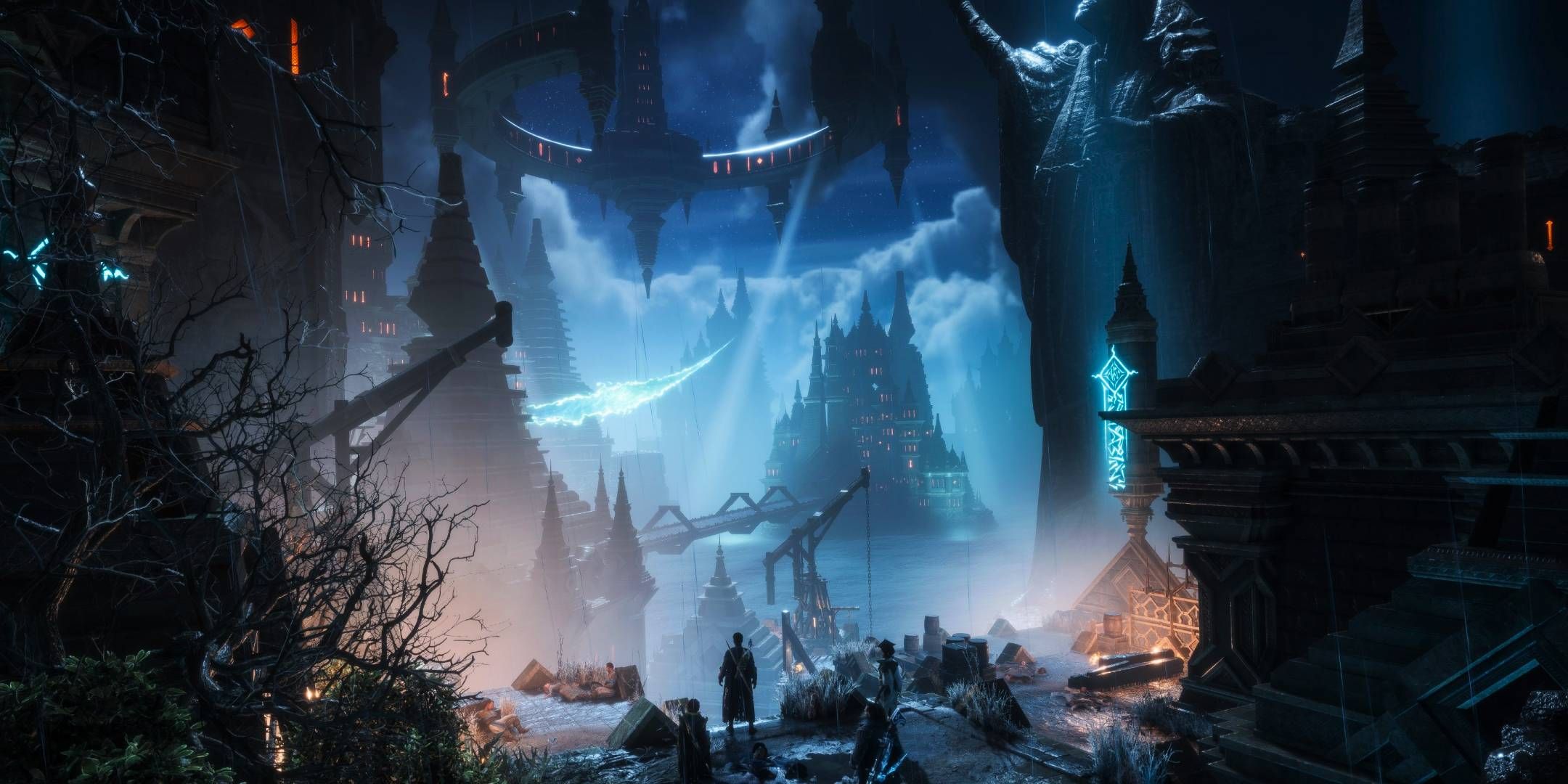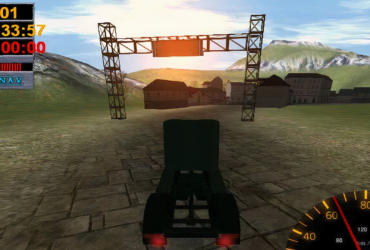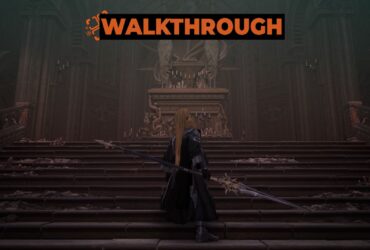The following article contains major spoilers for the first act of Dragon Age: The Veilguard.
Key Takeaways
- The writing of Dragon Age: The Veilguard’s major choice in Act 1 has irked players.
- The emotional fallout of the event seems forced.
- Rook isn’t given any agency in the ensuing conversations.
While some of the dedicated few have already completed Dragon Age: The Veilguard, and are possibly on their second playthrough already, the majority of the player base (as evidenced by achievement stats) are still making their way through BioWare’s latest offering.
While Dragon Age: The Veilguard is mostly beloved, plenty of players have their gripes about the game’s writing, especially in relation to dialogue where it often feels like Rook is saying the same thing in three different ways. A particularly jarring scene occurs after Act 1’s major choice, whether Rook personally goes to Minrathous or Treviso in order to repel a blight dragon attack.
As a side note, I do think it’s strange that Minrathous and Treviso both suffer to the same extent if you pick the other choice. Treviso is a merchant town with no standing army and an occupying force that is in league with the Darkspawn. Minrathous is an ancient empire with incredibly powerful magisters, and yet they’re as helpless as Treviso. If you choose Treviso under the logical assumption that Minrathous stands a better chance of defending itself, you may wind up sorely disappointed.
A Forced Narrative
Rook is forced to make a decision. They take two companions to their chosen city and send two other companions with either Lucanis or Neve, depending on which city you’re choosing to go to. As commenters in a Reddit thread about the topic from MarkeezPlz rightly point out, Rook splits their forces evenly, doing their best to protect both cities from the concurrent dragon attacks.
Despite this, the companion from the city that’s ‘sacrificed’ will lay the blame squarely on Rook for failing to save their home from the Blight. That’s not necessarily a problem because people are irrational when upset, but Rook should be able to point out the hypocrisy of these comments rather than just shouldering the blame. The game doesn’t offer Rook the opportunity to explain themselves.
“This just felt like a very lazy guilt trip without any actual thought put into it,” reads the original post. “I wouldn’t mind much if you could point that out to them! Heck, we could even stick with the therapy-speak and say something about their feelings being valid but that we split the team in half and just got lucky in the place we picked,” says the top commenter.
The comments are broadly in agreement, with some making the salient point that Rook isn’t even supposed to be an elite fighter or anything like that. In the narrative, Rook is portrayed as someone’s who’s equal or weaker in strength to their companions.

Dragon Age: The Veilguard is the long-awaited fourth game in the fantasy RPG series from BioWare formerly known as Dragon Age: Dreadwolf. A direct sequel to Inquisition, it focuses on red lyrium and Solas, the aforementioned Dread Wolf.
Source link













Leave a Reply